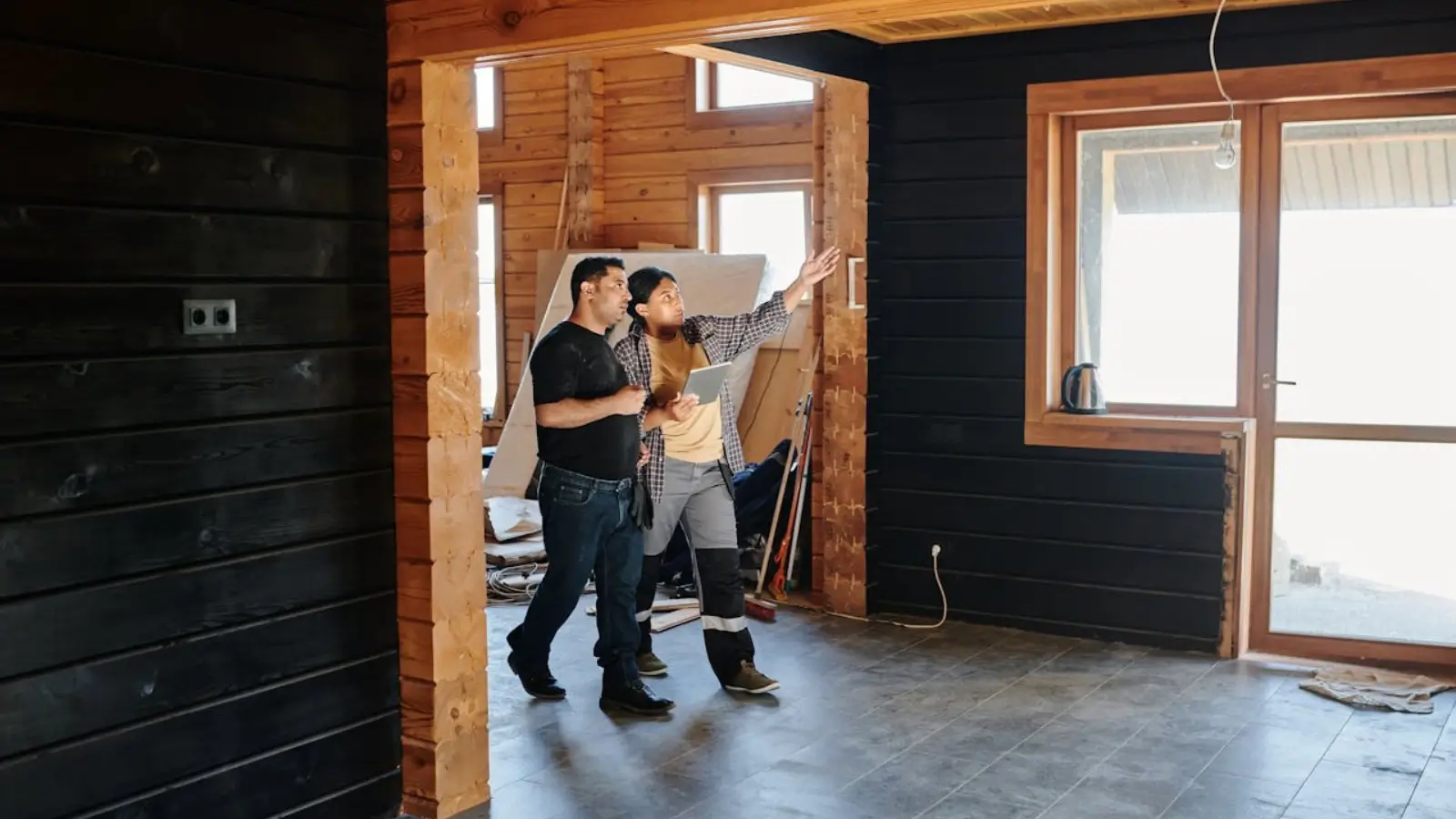


My neighbor Tom got completely screwed last year. He hired this general contractor who seemed legit, good reviews on Houzz, reasonable quote, promised to stay within budget. Three months later, the guy just vanished. Left Tom's kitchen and bath torn apart, workers' compensation had expired, and now Tom's dealing with the Department of Buildings trying to figure out what permits were actually pulled.
Tom's apartment looks like a demolition bomb went off. He's out thirty grand and living in what's basically a construction site.
His friend Sarah? She finished a full gut renovation two blocks away, same timeline, zero problems. The difference wasn't luck.
NYC construction is brutal. The permit process alone can kill contractors who don't know what they're doing. Building codes here are insane compared to other places, and one screw-up with city inspections can shut you down for months.
A lot of general contractors bite off more than they can chew, run out of money, or realize they're completely out of their depth with NYC's regulations. Instead of dealing with angry clients, they just ghost.
Most people never actually verify that their "general contractor" has legit general contractor registration with the city. Big mistake. NYC requires specific licenses for different work, and checking this takes five minutes online.
Real contractors hand over license numbers, general liability info, and workers' compensation details without attitude. If someone gets weird about paperwork, run.
Decent general contractors don't just hire subcontractors and pray everything works out. They're on-site regularly, sending progress photos, and calling you when problems come up - before they become disasters.
Good project management means knowing what's happening every day and being proactive about potential issues. Companies like D&R Construction have been doing this coordination stuff for decades, handling residential and commercial projects without the drama.
Anyone knocking on your door offering construction work? Nope. Legitimate general contractors in New York have more business than they can handle through referrals. They're not going door-to-door looking for work.
Also, contractors who want huge upfront payments or only take cash are basically advertising that something's wrong. Professional contractors ask for small deposits and give you actual contracts with real details.
Not every general contractor can handle every type of job well. Some are great at residential stuff but have no clue about commercial requirements. Others rock new construction but get lost in renovation work on old NYC buildings.
Ask straight up about experience with your specific type of project. A contractor who's honest about what they specialize in is way better than someone who claims they can do everything perfectly.
NYC building codes aren't suggestions. They're strictly enforced laws that'll shut down your renovation and cost massive money to fix if you screw them up. Real contractors know these codes and include permit costs upfront.
Any contractor telling you to skip permits to save time or money is setting you up for a nightmare. When you try to sell later or something goes wrong, unpermitted work becomes a legal mess.
Working with a full-service general contractor NYC who handles architectural stuff through final inspection beats trying to coordinate different contractors yourself. Way less headache.
These companies usually have in-house teams for carpentry, masonry, HVAC coordination, custom millwork - the whole thing. They can execute design-build projects start to finish without you having to manage five different contractors.
Good contractors return phone calls the same day, send regular updates, and answer questions without making you feel like you're bothering them. Construction management requires constant coordination.
If your contractor starts going radio silent or becomes hard to reach, that's when you know things are going sideways. Communication breakdowns usually mean bigger problems are coming.
Real contracts break down materials, labor, timeline, and payment schedules tied to actual completion milestones. Professional contractors explain everything upfront and put it in writing.
Contractors who resist detailed contracts or want big payments before work starts are basically telling you they're not planning to stick around. Proper contract execution protects everyone.
Experienced general contractors maintain standards through regular inspection and attention to detail. They know that sloppy work early creates expensive problems later.
Look for contractors who can show you featured projects and give you phone numbers for recent clients. Good craftsmanship shows up in details like clean coating application, precise fixture installation, and how new work integrates with existing stuff.
Contractors who are constantly scrambling for money cut corners or abandon projects when cash gets tight. Stable contractors have relationships with suppliers, maintain proper insurance, and don't pressure you for payments ahead of completed work.
Ask how they handle cash flow during construction and what their typical project volume looks like. If they seem desperate for your deposit, that's not a good sign.
Good contractors spend serious time in preconstruction planning to catch problems before work begins. This means architectural review, detailed scope development, and coordination with city agencies before anyone swings a hammer.
Contractors who rush into demolition without proper planning usually create more problems than they solve. The entire process works better when someone's thought through the details first.
Finding a decent general contractor in Manhattan takes research, checking references, and trusting your gut about whether someone seems professional or sketchy.
The time you spend vetting contractors pays off through projects that actually get finished on time and within budget. For renovation needs requiring real expertise and proper licensing, established contractors offer the reliability that NYC construction projects demand.